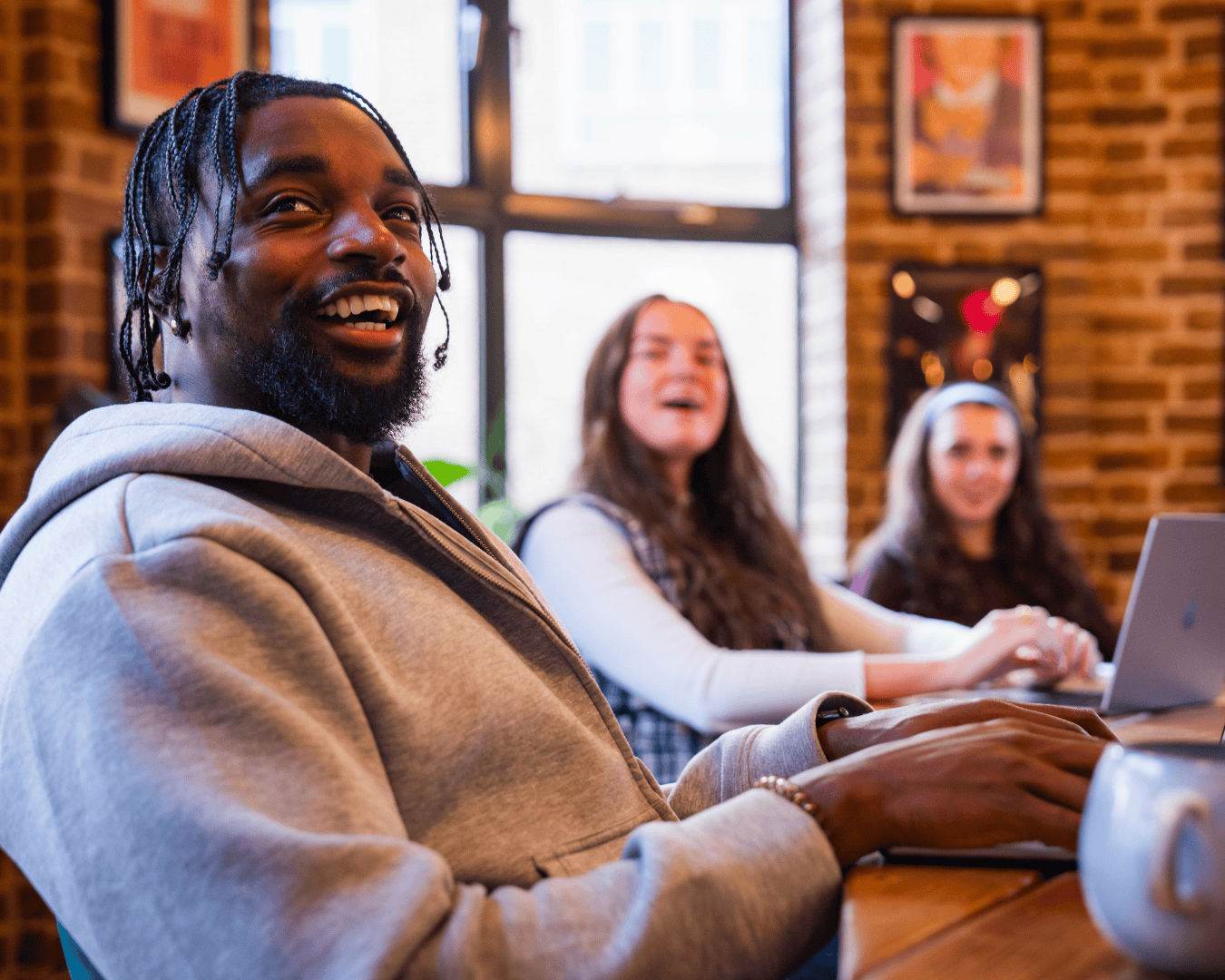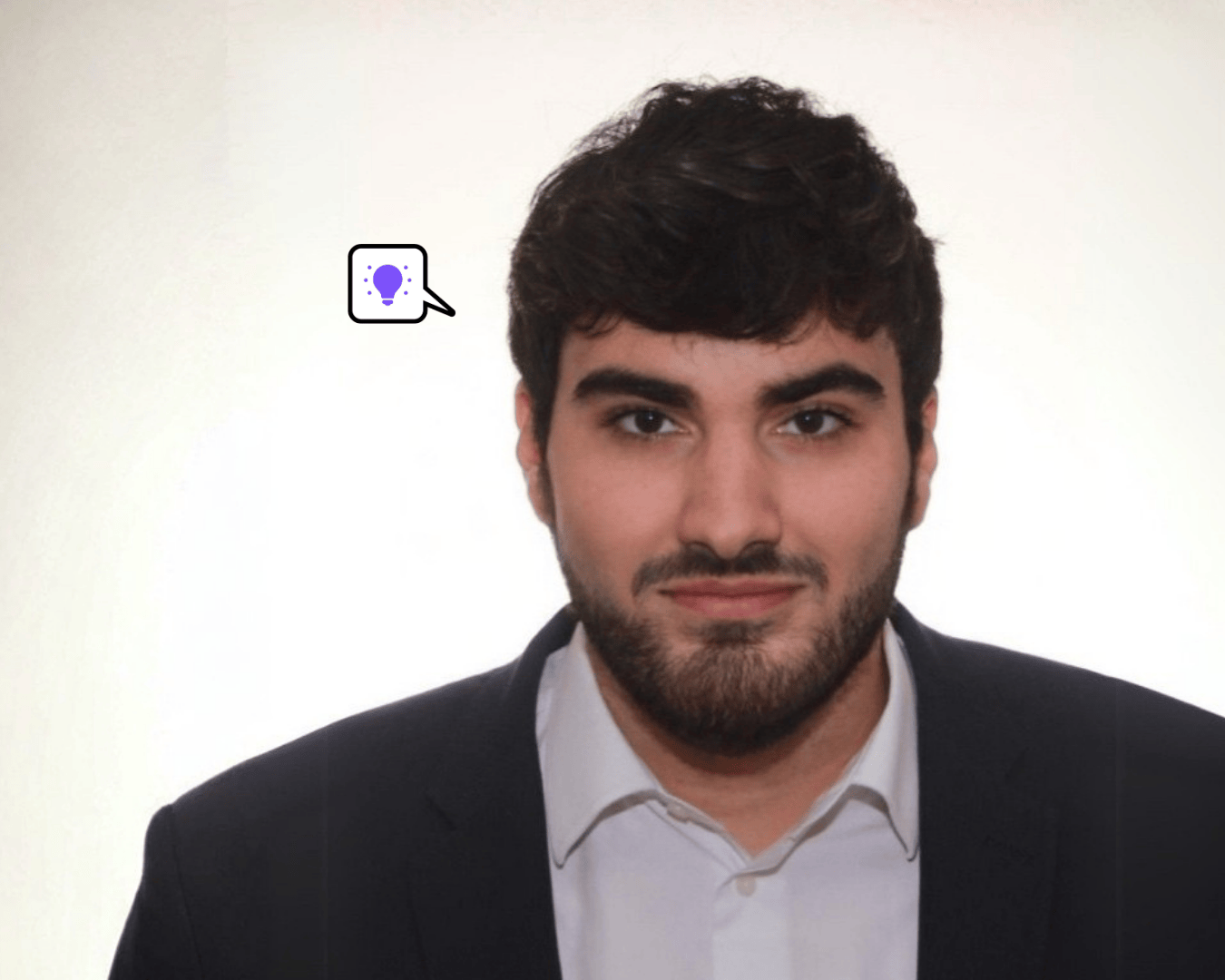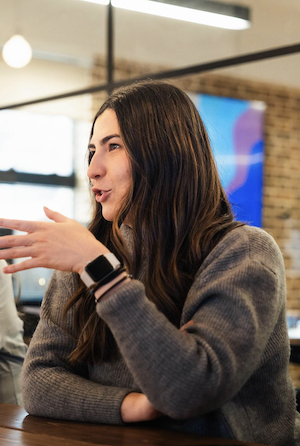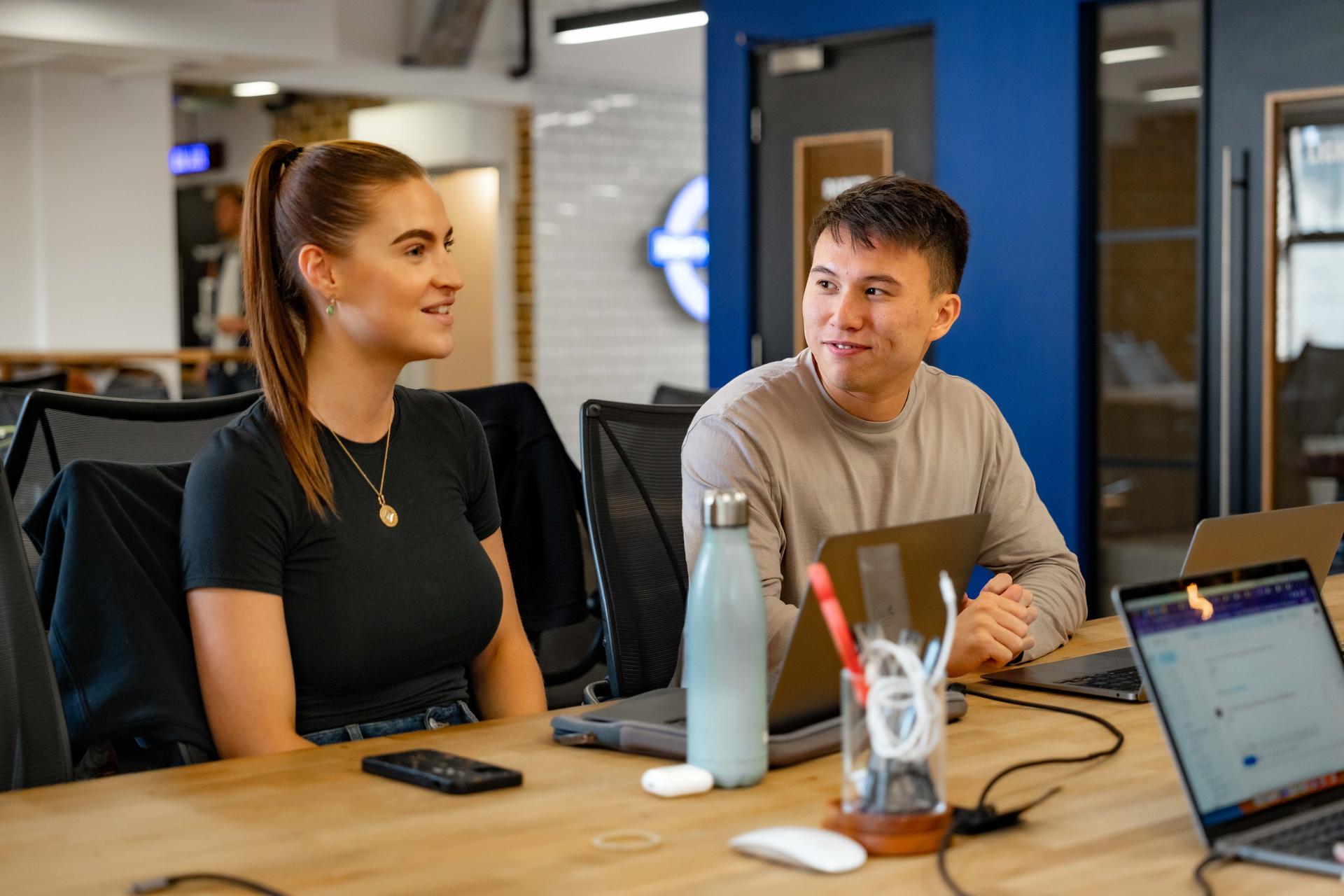Steve Lewis knows the hiring landscape inside out. With a career spanning two decades in HR technology, including tenures at Totaljobs and LinkedIn, Steve has helped shape how some of the world’s most influential platforms connect people to work. Today, as Managing Director at Hireguide, he’s focused on one thing: making hiring decisions fairer, faster, and more evidence-based.
In this Wiser Expert interview, Steve shares his perspective on the growing influence of artificial intelligence in recruitment, what ethical AI usage really looks like, and why, despite all the tech, people still matter more than ever.
How AI is shaking up the world of recruitment
The recruitment industry is undergoing its biggest shake-up since the invention of the job board. The influx of generative AI tools and automation has left many companies excited and overwhelmed in equal measure.
“There’s a lot of noise. And that’s the problem. You’ve got thousands of tools promising to transform recruitment overnight — but what’s useful? What’s ethical? And what’s explainable?”
For Steve, the future of AI in hiring isn’t about removing the human; it’s about supporting them. At Hireguide, he has pioneered a “decision support” model that utilises behavioural science, interview data, and IO psychology to inform better human judgement without ever making the final call.
Why AI still scares people
Despite the hype, many companies are still hesitant to embrace AI in hiring. He says this hesitation is understandable — and even healthy.
“Every time there’s a major shift in the world of work, like the Industrial Revolution, the rise of the internet, there’s fear. Will I lose my job? Will I understand the tech? Will it be fair?”
But he believes the companies that thrive will be the ones that face those fears, get informed, and adapt. The people who embrace AI, not blindly, but thoughtfully, are going to be the ones who win. Because someone using AI smartly will outperform you.
So where does AI belong in recruitment?
Steve believes the top of the funnel is the obvious starting point.
“We’re seeing a surge in applications, especially from platforms like LinkedIn and Indeed. You’ve got 11,000 applications processed per minute. That’s not manageable manually.”
He supports the use of conversational AI or simple screening tools to rule out ineligible candidates, like those not legally able to work in a country or unwilling to meet on-site working requirements. That’s admin, not assessment.
But where AI really starts to shine is during the interview process — when used right.
AI should support hiring decisions, but never make the decisions outright
Hireguide doesn’t aim to replace recruiters. It exists to enhance their capability. They give interviewers structured questions, based on skills and values, so they can dig deeper. Then they help surface signals, things the candidate said that align with what good looks like.
This is especially powerful for things like assessing coachability or alignment with company values.
“Say a candidate mentions they love feedback and actively seek it out, that’s a clue. AI can flag it. But the final judgement? That’s human.”
And that’s where the ethical line sits for Steve.
If AI is deciding whether to hire someone, we’ve gone too far. But if it’s giving you clear, evidence-based insight to help you decide? That’s smart.
Why transparency is non-negotiable when using AI in recruitment
One major hurdle companies face is transparency. Candidates and legal teams want to know how decisions are made. If someone challenges your hiring process, can you explain it? Can you show your working? Was it fair, consistent, and based on evidence?
This is where structured interviews and decision-support AI become vital. “They give you a record. They give you confidence. They protect your brand.”
Transparency also improves candidate trust.
“People are less afraid of AI when they understand how it’s being used. Be open. Be clear. Make sure you can stand by your process.”
AI can’t assess for culture - but it can give you time back to do it
For all its processing power, Steve says AI still can’t judge the intangible stuff: how someone might gel with the team, whether they’ll thrive in your culture, or how they’ll act under pressure.
“Culture fit, or better yet, culture add — is something a human needs to feel in the moment. That takes emotional intelligence, real-time observation, and gut instinct. AI can’t replicate that.”
But what AI can do is give hiring teams the space to focus on that. By taking care of admin, analysis, and structure, tech frees you up to be present. To really get to know the candidate. That’s where the magic happens.
Debunking the biggest AI myth
If Steve could bust one myth about AI in recruitment, it’s this: AI will make your hiring less biased.
It won’t, not unless it’s built and used very carefully.
Bias in, bias out. He explains that AI models trained on flawed historical data can perpetuate existing inequalities, unless checked by ethical frameworks and constant iteration.
That’s why Hireguide is grounded in IO psychology. They use science-backed methods to structure interviews and measure against skills and behaviours that matter. That’s how you get fairer outcomes - not from a black-box algorithm.
How to optimise your processes without losing key candidate trust
Steve’s worked with everyone from early-stage start-ups to FTSE 100 companies. His advice to anyone trying to modernise their hiring without rocking the boat?
“Start small. Build trust. Prove the value,”
Don’t try to automate everything overnight. Choose one part of the process, like interview structure or candidate feedback, and improve it. Show the results.
He believes this gradual, transparent approach helps bring both legal teams and hiring managers on board.
“It’s about evolution, not revolution. The end goal is better hires, made faster and fairer. Who’s going to argue with that?”
The final word: Humans first, always
For Steve, all roads lead back to people.
“We can’t lose sight of why we hire in the first place: to find great people who’ll do great work”
And to do that well, you need tools that support your judgement, not override it. You need interviews that are consistent, but still human. And you need to design processes that candidates trust, not fear.
In other words, if your hiring process doesn’t make your candidate experience better and your outcomes stronger, then no amount of AI can save it.




